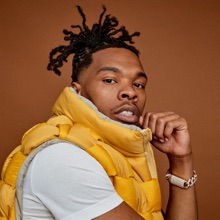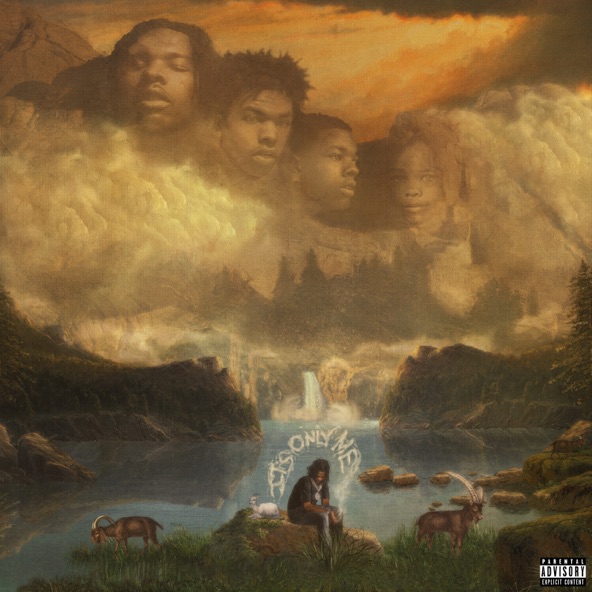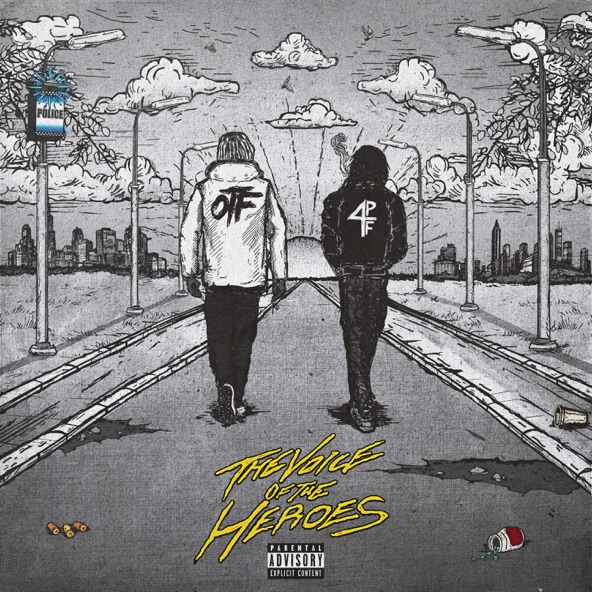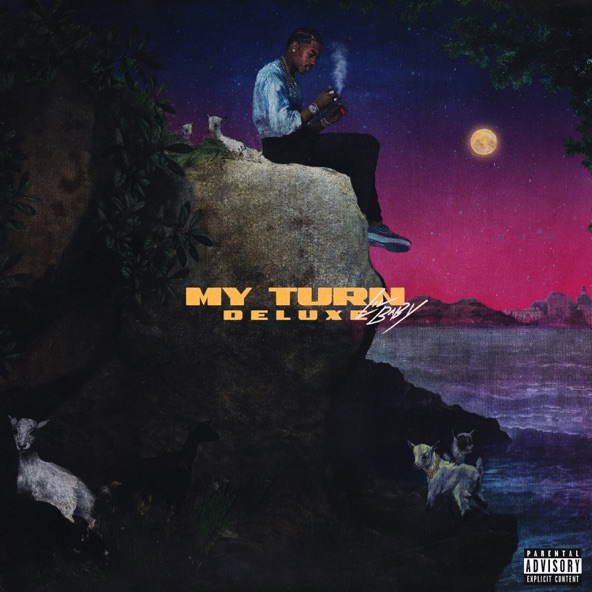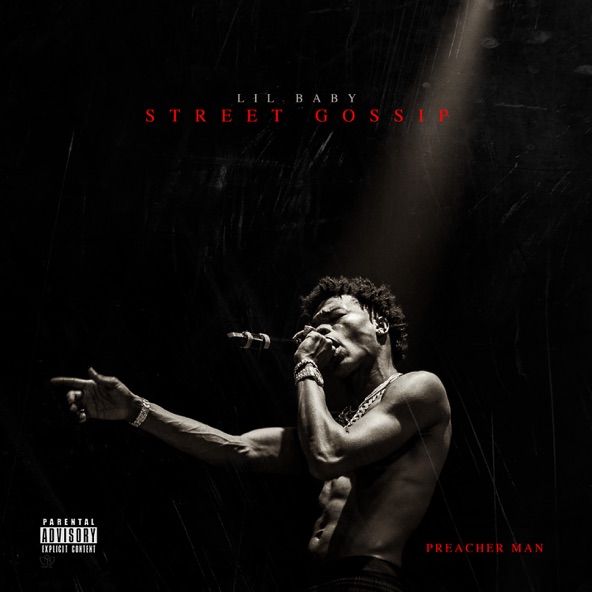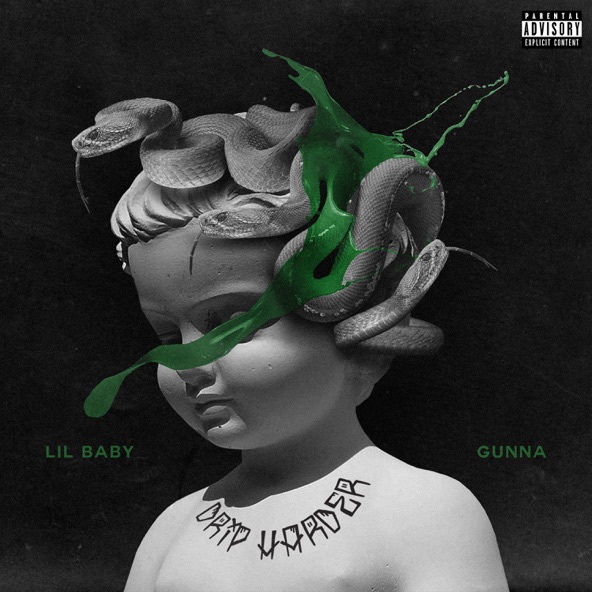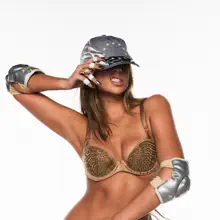Artist
Lil Baby
The story goes that Lil Baby (born Dominique Jones in 1994) didn’t even really want to rap. He’d had encouragement—Pee and Coach K, the Atlanta kingmakers/Quality Control heads who helped launch Migos, had been on him since he was a teenager hustling dice in the street—but Baby wasn’t interested. But two years on a possession charge gave him more time to think than he wanted. Then the work came fast: Within a year of starting to rap, he’d released <i>six</i> mixtapes and a full-length album, 2018’s <I>Harder Than Ever</I>. (Young Thug, an early booster, paid him to spend time in the studio instead of the streets.) Compared to his Atlanta peers (Thug, Gunna, Migos, etc.), Baby’s persona was muted: He shrugged off fashion shows, didn’t have tattoos (he didn’t want potential business partners from the buttoned-up, white world thinking he was something he wasn’t) and kept his boasts mild: “I never call myself a G.O.A.T./I leave that love to the people,” he raps on “Emotionally Scarred”. But the lyricism was there, as were the low-key intensity and no-frills ethic that have become his hallmark. By the end of 2020, he’d been nominated for a Grammy, made the chart-topping album <I>My Turn</I> and was named Artist of the Year at the Apple Music Awards. “I don’t wanna be comin’ from where I come from all the way right here to be a nothin’,” he told Apple Music around the release of <I>My Turn</I>. “I feel like I’m past that stage.”
